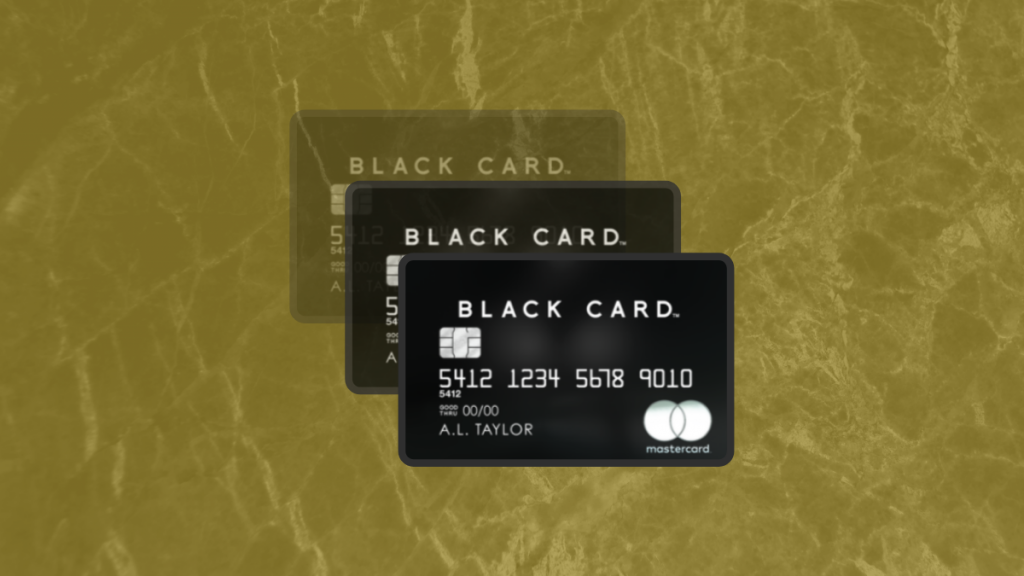US
Do Medical Bills Affect Your Credit?
Do you know if medical bills affect credit? Learn if it is true and how you can work on your medical bills to prevent impact and damage on your reports.
Credit impacts: medical bills and debt on reports

As you probably already know, medical bills can affect credit scores. But, the process is usually quite different than when you have another type of debt.
That is, typically, medical providers don’t report a debt to credit bureaus. They can go after collection agencies, and it can potentially damage affect your credit.
Generally, the whole process takes approximately a year to definitely appear on your reports.
Also, it is important to say that if you pay your medical bill through a credit card, failing a payment can lead you to credit damage since card issuers report to credit bureaus.
Now, find out more about those processes and how to prevent a higher impact in order to build stable finances.

Medicaid review: Health insurance program!
If you're looking for help to improve your health, our Medicaid review can help you out! Read on to learn its pros and cons!
Can medical bills affect credit and appear on reports?

Shortly, yes, medical bills can affect credit and appear on reports.
However, medical providers don’t report to credit bureaus in most cases. Usually, they report unpaid bills to collection agencies.
Therefore, eventually, the debt will appear on a report, typically like a year later. Consequently, your credit score will be damaged.
Furthermore, if you pay your medical bill using a credit card, failing on a payment will lead to appearing on a report since card issuers send unpaid bills to credit bureaus unless you negotiate and pay for the debt.
According to research, medical debt is the main reason why collection agencies contact consumers.
Unfortunately, medical situations can happen with no advanced notice. Additionally, many people who don’t have insurance or even those who have, don’t really know how the coverage works and if it is worth it.
So, even though an unpaid medical bill is not always reported to credit bureaus, it is crucial to understand that your credit will be affected eventually, no matter the process behind it.
Moreover, it is essential to say that some changes are occurring this year when it comes to credit and medical bills.
For example, paid debt won’t longer appear on reports, as well as medical collection debt of a maximum of $500.
VantageScore® 3.0 and 4.0 models won’t consider medical collections for score calculations too.
On the other hand, keep in mind you are still responsible for paying debt when it happens.
You will be redirected to another website
By submitting this form, I agree that I am 18+ years old and I agree to the Privacy Policy and Terms and Conditions. I also provide my signature giving express consent to receive marketing communications via automated emails, SMS or MMS text messages and other forms of communication regarding financial products such as credit card and loans. Message frequency varies and represents our good faith effort to reach you regarding your inquiry. Message and data rates may apply. Text HELP for help or text STOP to cancel. I understand that my consent to receive communications is not a condition of purchase and I may revoke my consent at any time.
How long do medical bills stay on reports and what impact do they have on credit?

The Consumer Financial Protection Bureau says that a paid medical collection debt can remain on reports for up to seven years.
But, as shown above, some changes are happening.
So, in summary, paid medical collection debt will be removed from reports. And medical collection debt of a maximum of $500 won’t appear on the reports, as well.
Also, VantageScore® 3.0 and 4.0 models won’t consider medical collections for score calculations.
The impact on your credit score will depend if the medical provider reports an unpaid bill to a collection agency. If it happens, the collection item may drop your score by an average of 45 to 125 points, depending on your credit score, according to the Consumer Financial Protection Bureau.
How to remove a medical debt from your credit report?
Firstly, the most important step you can take is regularly track your credit score and reports. Sometimes, an error can happen, and you can file a dispute for free in order to adjust your reports and, consequently, your credit score.
Furthermore, if a debt is right, it is essential to try to negotiate and pay it off.
After that, credit bureaus will remove it from your reports.
Can you prevent medical bills from appearing on my reports?
You will only be able to truly prevent an unpaid medical bill from appearing on your reports and affecting your score if you have proactive behavior on your finances.
1. Build an emergency reserve
The best first step you can work on is building an emergency reserve. An emergency reserve will help you with unexpected situations, including medical conditions.
2. Consider applying for health insurance
Another key task is to search for good health insurance with great coverage at reasonable costs.
According to research, many Americans go into debt when seeking healthcare.
Although most insurance providers don’t cover all, they can relieve the major cost if something happens.
But, as mentioned before, it is essential to learn all about this type of insurance as well as it is crucial to understand how the coverage works.

Health Savings Account: should you get one?
A health savings account is a way to be in control of your medical expenses. But it contains many requirements. Should you get one? Read our article and find out!
3. Track your finances and reports
Of course, you will only be able to find problems and address solutions if you regularly track your finances and control your reports closely.
There are ways you can access reports for free. In fact, most major credit bureaus let people access scores and basic report information at no extra cost.
4. Pay bills on time
If you manage to pay your bills on time, you can avoid collection agencies and credit bureaus from putting your debt on reports.
5. If debt happens, try to negotiate it fast
Now, if debt happens, it is important to address the problem and seek a solution. So, make a plan to negotiate it fast in order to prevent higher impact and further damage on your reports and credit scores.
Recommendation: Credit Essentials – everything you need to know
As can be seen, unpaid bills can deeply affect your credit score. Although processes may change depending on the nature of the debt, the main operation is quite similar.
That’s why it is crucial to understand all about credit.
If you want to build solid finances, take a look at the Credit Essentials article now and learn everything you need to know about credit.

Credit Essentials: everything you need to know
Credit Essentials: everything you need to know! Follow our tips and build a solid financial path!
About the author / Aline Augusto
Reviewed by / Aline Barbosa
Senior Editor
Trending Topics

Citi® / AAdvantage® Platinum Select® World Elite Mastercard review: Up to 2x miles!
If you're looking for a card to earn travel perks and discounts, read our Citi® / AAdvantage® Platinum Select® World Elite Mastercard review!
Keep Reading
How to apply for the Exodus crypto wallet?
Check out how the Exodus crypto wallet application works to start investing in cryptocurrencies today through the world's leading platform!
Keep Reading
How to apply for the Axos Personal Loans?
Check out how the Axos Personal Loans application works and how to borrow up to $50,000 with flexible terms and conditions, and fixed rates.
Keep ReadingYou may also like

Choose the right checking account for you
Unsure of which checking account is best for you? Check out our guide to learn about all the different types of accounts, what to look for, and more.
Keep Reading
Learn to apply easily for 100 Lenders personal loan
Do you need some money for an emergency or other personal matter? If so, read our post and learn how to apply for 100 Lenders personal loan!
Keep Reading
Application for the Luxury Black card: how does it work?
The Luxury Black credit card will give you many benefits to enjoy your trips like a VIP. So, please read this article to learn the steps to apply for it and get your Black metal card.
Keep Reading